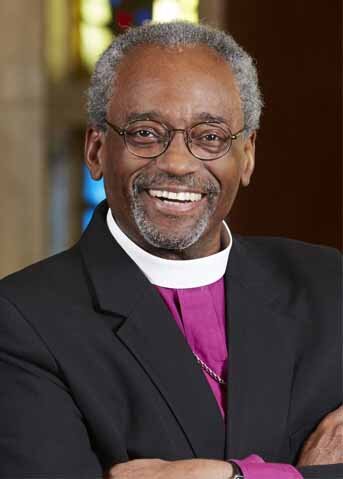The Ecumenism of Beauty
/Ecumenism. Does the idea of another well-intentioned interfaith event or mostly-ignored theological commission on the topic excite, annoy, or put you to sleep? Does the very concept seem improbable? Whatever you think or believe about ecumenism, we can’t ignore the fact Jesus wanted this, prayed for this, for all of us who call ourselves believers. Eugene Peterson's The Message puts it well:
The goal is for all of them to become one heart and mind—
Just as you, Father, are in me and I in you,
So they might be one heart and mind with us.
Then the world might believe that you, in fact, sent me.
The same glory you gave me, I gave them,
So they’ll be as unified and together as we are—
I in them and you in me.
Then they’ll be mature in this oneness,
And give the godless world evidence
That you’ve sent me and loved them
In the same way you’ve loved me.
—John 17:21-23
A new book on the topic, The Ecumenism of Beauty (edited by revered art historian Timothy Verdon), presents it from an entirely more broachable and beautiful angle: the arts. Published to coincide with the 500th anniversary of Martin Luther attaching those 95 reformational theses to the door of the Wittenberg Castle church, the book brings together artists and thinkers from Catholic, Orthodox, Anglican, and Protestant traditions. With accessible writing and gorgeous full-colour images, it does do some wrestling with the historic tension between art as icon or idol. Mostly it simply shows how art, like genuine faith, entails an encounter, not an intellectual discussion or argument.
The book’s contributors—artists, scholars, and clergy—share the belief that beauty and art can bridge differences, unite people in 'shared admiration’ and possibly become an instrument of communion among separated Christians. They will also take part in a symposium organized to commemorate the Reformation’s 500th anniversary later this year, with sessions to be held in Paris, Strasburg, Florence, New Haven (CT), and Orleans (MA).













